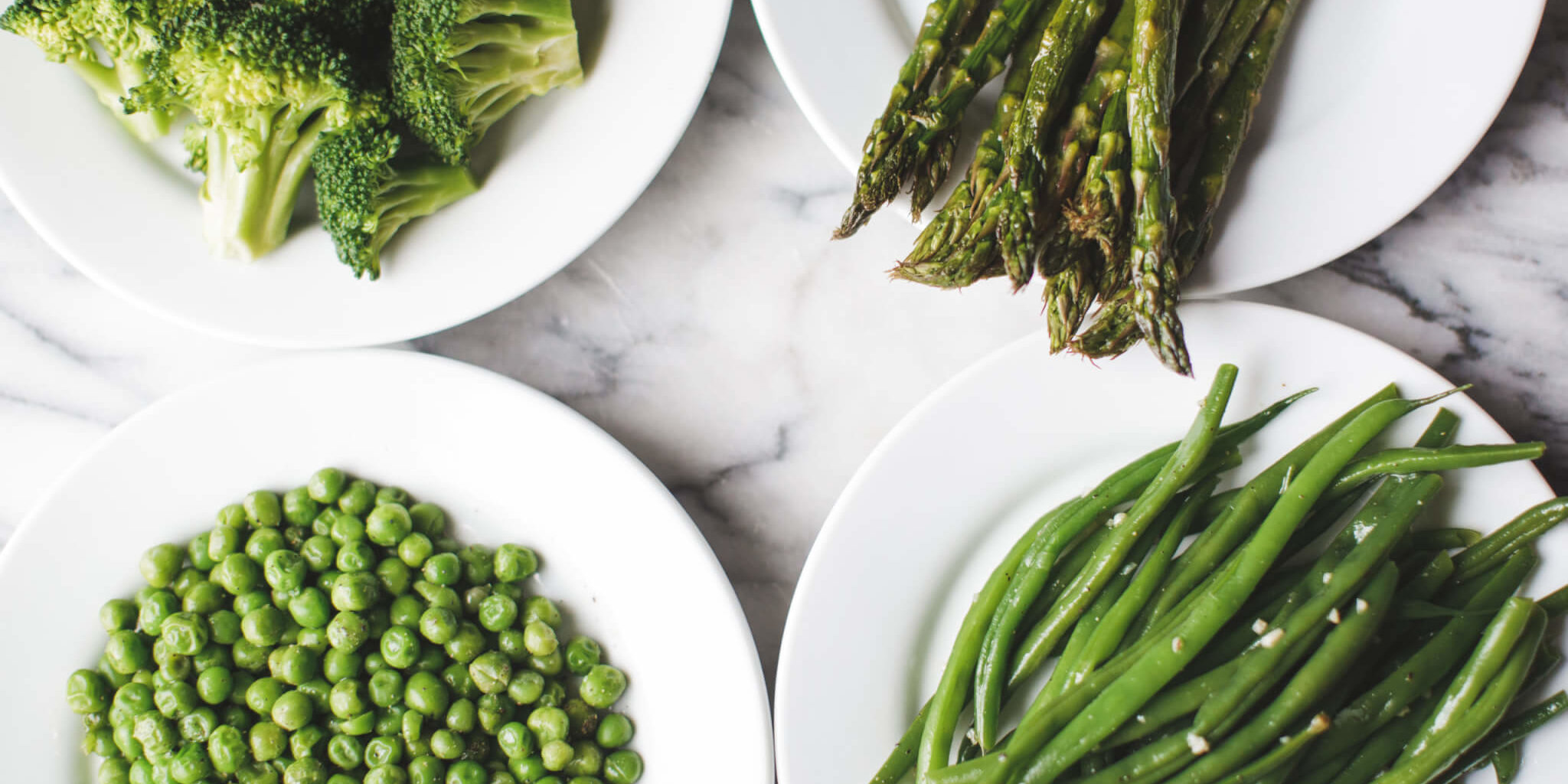Phytonutrients are bioactive micronutrients produced by plants. There are highly concentrated amounts in fruits, vegetables, spices, and herbs. Plants make these bioactive nutrients to boost their natural resistance to viruses, bacteria, fungi, and even harmful UV rays.
Are They the Same as Phytochemical’s?
Yes! Phytochemicals is another name for phytonutrients because they are naturally occurring plant chemicals.
Carotenoids
For instance, one group of phytonutrients called carotenoids is produced by plants for protection. The function of these carotenoids is to allow energy production via photosynthesis by protecting the plant from the harmful rays of light. Because of these amazing natural substances, the plant can absorb the energy it needs without getting too much damage from those same rays that give it life. Without carotenoids, many plants wouldn’t be able to thrive in their environments.
Now here’s the best part: When we eat foods that contain phytonutrients, we gain the protective benefits, too. These benefits come in many forms, and we’re still discovering all that these compounds do for us. Some of these benefits are due to the antioxidant nature of these nutrients and may offer protection for our cells from free radicals and support to our immune system.
What Are the Health Benefits?
Additional benefits have been linked to eye health, brain function, cardiovascular health, pain reduction, cholesterol improvements, and skin protection from the sun. (1, 2, 3, 4, 5) With all of the benefits, who wouldn’t want to add them into their nutrition routine?
Top tip: An easy way to boost the phytonutrients in your routine is with Organic Greens Booster. Try adding a scoop in your favorite shake recipe or sneak it into your family recipes; no one will ever notice.
Foods To Eat
Boost the phytonutrients in your nutrition by eating a few foods from this list every day.
- Red, orange, and yellow produce:
Tomatoes, peppers, raspberries, citrus, carrots, sweet potatoes, squash, and melons - Dark green leafy greens:
Spinach, kale, swiss chard, bok choy, and microgreens - Purple foods:
Eggplant, grapes, and berries - White produce and spices:
Garlic, onions, pears, and ginger - Herbs, spices, chocolate, and teas:
Leafy herbs, turmeric, dark chocolate, and green, black, and white teas
Phytonutrients might be small, but they pack a fantastic nutritional punch. Adding foods that contain these powerful compounds into your day is a great way to give back to your cells, thanking them for all the work they do for you. Stay healthy, all.
Make Healthy Happen
The next time you’re making your plate, remember to add some of the foods above to boost your phytonutrient intake. Let’s use the nutrition that nature offers us and live healthier!






